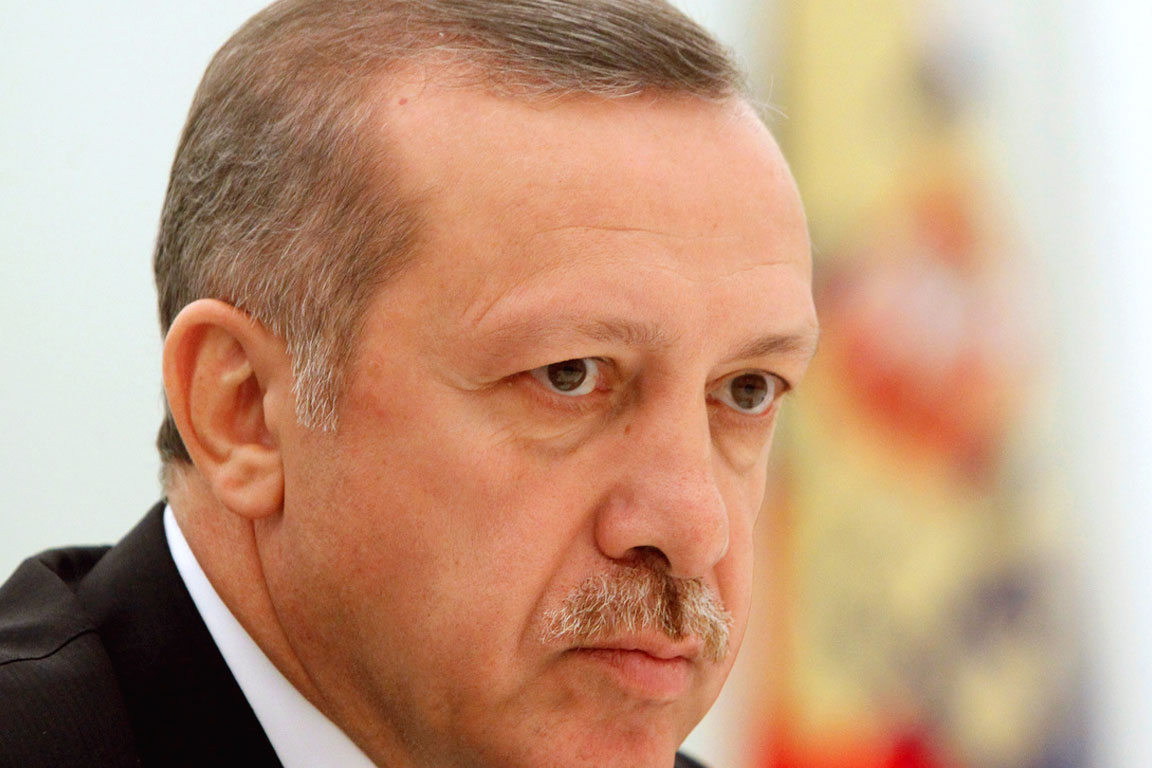Will the Iraq-Türkiye crisis leave Italy without oil?

Kurdistan has become a key oil supplier for Italy after the embargo on Russia. But a dispute between Iraq and Turkey has blocked the flows from Kirkuk to Ceyhan, and from there to the Mediterranean. Here's what's happening
With the entry into force of the European ban on the purchase of Russian crude oil, from 5 December 2022, Italy's main supplier has become Iraqi Kurdistan, a semi-autonomous region in northern Iraq.
HOW MUCH IS KURDISTAN FOR ITALY
Last January, as reported by the Ministry of Environment and Energy Security, Kurdistan sent us 4.5 million barrels (150,000 a day), or 12.5 percent of total imports. A year earlier, in January 2022, when the invasion of Ukraine had not yet begun – Il Sole 24 Ore reconstructs -, oil purchases from Kurdistan had concerned only 1.2 million barrels; by contrast, those from Russia amounted to 5.7 million.
The European embargo then blocked imports from Russia, which in Italy had remained very significant for many months following the invasion of Ukraine due to the situation of the ISAB refinery in Priolo Gargallo: being owned by the Russian company Lukoil, it had difficulty stock up elsewhere. The plant, one of the largest in the Mediterranean, was then sold to the Cypriot private equity firm GOI Energy .
In 2021 Russia was worth about 10 percent of Italian oil imports.
THE CRUDE KURDIAN KIRKUK
As Argus , a specialized portal on energy, wrote months ago, for the Mediterranean region the most "obvious" substitute for the Russian Urals crude, of the heavy type, is that of Kirkuk from Iraqi Kurdistan, similar in terms of sulfur content and specific weight to the water. Kirkuk oil is shipped to refineries in the Mediterranean Sea from the port of Ceyhan, Turkey.
IRAQ-Türkiye CRISIS BLOCKS OIL SUPPLIES
These supplies, however, are now at risk. Last Saturday, Iraq was in fact forced to stop the export of about 450,000 barrels of Kurdish oil which, from the Kirkuk field, reach the port of Ceyhan through an oil pipeline. The stalemate will continue until the three parties – the government of Iraq, that of Kurdistan and that of Turkey – reach an agreement.
What happened is that Turkey stopped pumping oil from the pipeline after Iraq won an arbitration case alleging that Ankara violated the terms of a bilateral agreement: the Turks allegedly allowed the Kurds to export oil up to in Ceyhan without the consent of the Iraqi authorities.
After the suspension of the pipeline from Kirkuk, the oil producers in the area have reduced or stopped production altogether, or have destined the crude for storage rather than for sale: however, the storage capacity of barrels is close to saturation – it could reach it within a few days -, while no progress can be seen in the negotiations between Turkey, Iraq and Kurdistan for the resumption of exports.
WHAT OIL COMPANIES DO
Norwegian oil company DNO said Wednesday it had halted operations at the Tawke and Peshkabir fields, where it averaged 107,000 barrels a day last year, a quarter of Kurdistan's total exports. Canada's Forza Petroleum had to suspend output: 13,700 barrels a day, on average, in January and February.
This is a machine translation from Italian language of a post published on Start Magazine at the URL https://www.startmag.it/energia/petrolio-kurdistan-iraq-italia/ on Thu, 30 Mar 2023 07:49:02 +0000.
